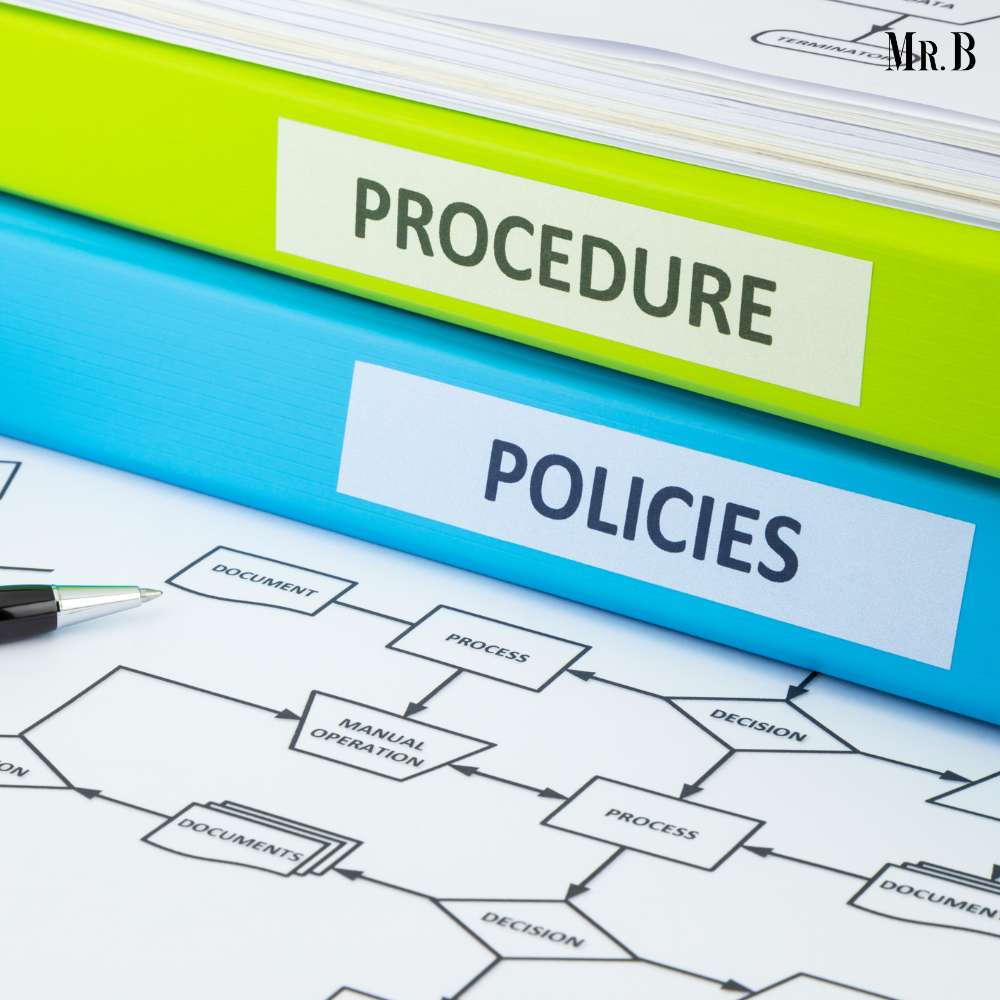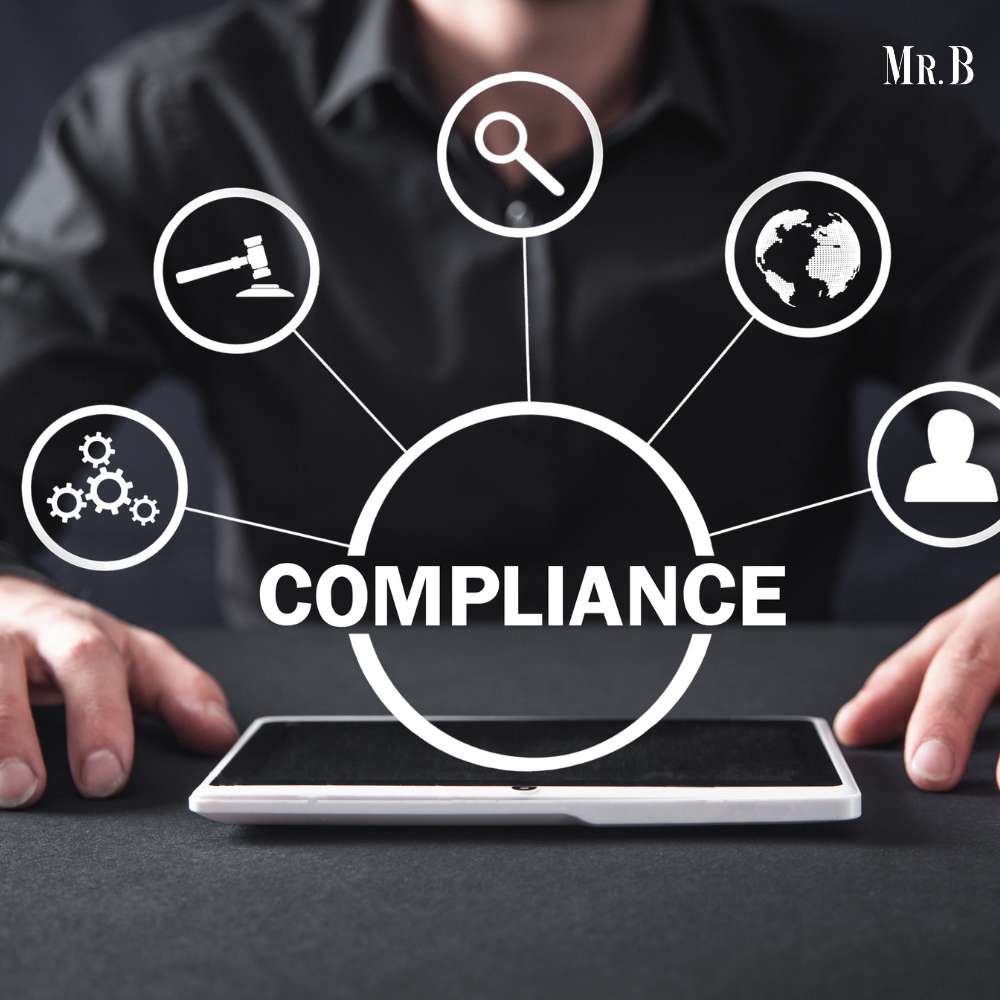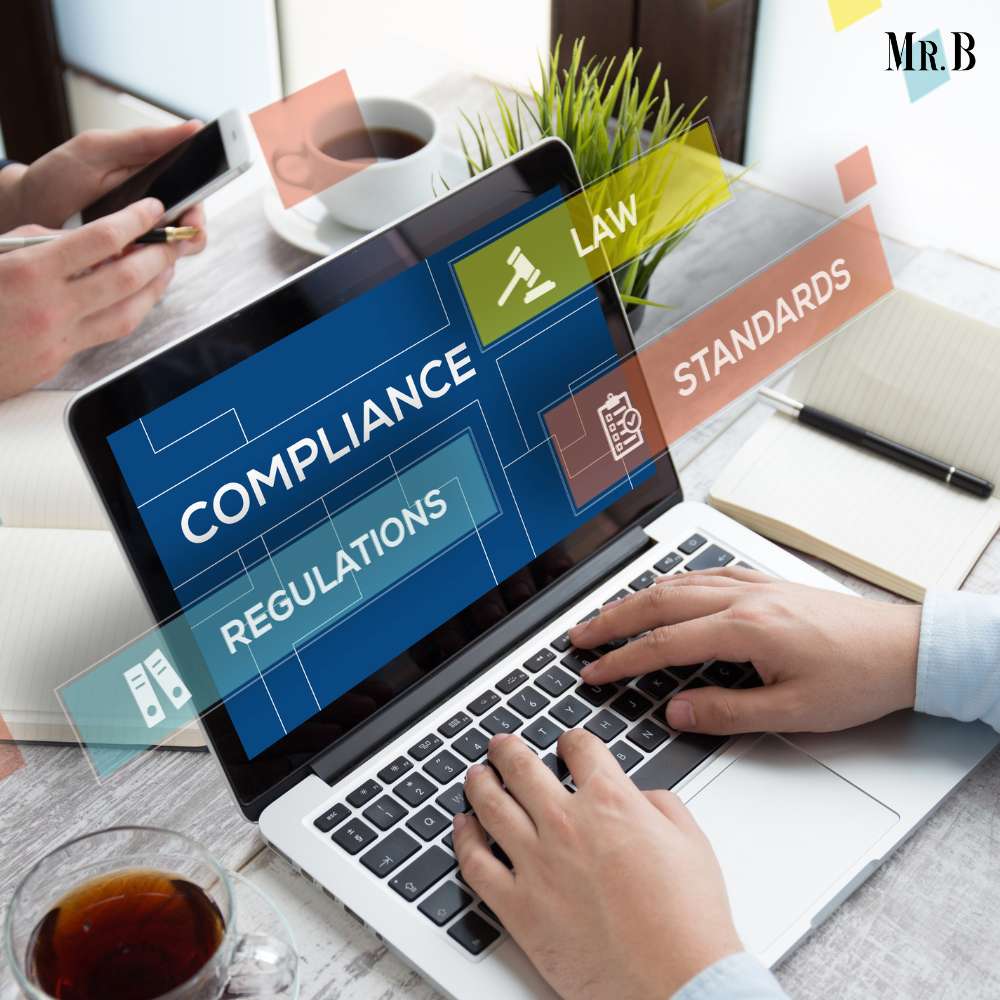Compliance consulting is arguably the most important area that businesses need to take care of as laws are too confusing for a common man to understand. This is an expert analysis of whether or not your business is functioning legally or not. Taking preventive measures before starting any business, confirming whether all legal aspects are covered or not is very important. In today’s business world compliance is vital for companies to avoid legal issues retain employees, maintain company culture, and increase productivity. Compliance consulting is one of the most followed aspects of a business by brands. The electronic products are ensured to be in adherence to relevant regulations from governments.
All legal formalities are needed to be cleared well in advance whenever a legal angle comes into picture. Without a legal aspect clarity, no business can function.
The Role of Compliance Consulting:
Compliance consulting, in essence, is a dedicated service that assists organizations in adhering to a spectrum of rules and regulations. The primary role of compliance consulting can be divided into several key functions:
1. Interpretation of Regulatory Frameworks
Compliance consultants are experts in parsing through the intricate web of regulations and standards relevant to a particular industry or sector. They interpret these regulations, ensuring that organizations understand their obligations and responsibilities.
2. Risk Assessment and Management
Compliance consultants conduct risk assessments to identify potential vulnerabilities and areas of non-compliance. They then assist organizations in developing strategies to mitigate these risks effectively.

3. Policy and Procedure Development
Developing and implementing compliance policies and procedures is a critical aspect of compliance consulting. Consultants work with organizations to create robust, tailor-made frameworks that facilitate adherence to regulations.
4. Training and Education
Compliance consultants often offer training programs to educate employees on compliance matters. This ensures that everyone within the organization is aware of their responsibilities and understands the consequences of non-compliance.
5. Monitoring and Reporting
Consultants assist organizations in setting up monitoring mechanisms to track compliance and report on any violations. Regular assessments and reporting are essential to maintain compliance.
Why Compliance Consulting Is Necessary for Organizations?
1. Complexity of Regulatory Environment:
The regulatory environment is continually evolving, with an ever-increasing number of rules and standards. Compliance consultants are experts in this field, offering the necessary expertise to navigate the complexities.
2. Risk Mitigation:
Non-compliance poses significant risks, including legal penalties, financial losses, and reputational damage. Compliance consultants help organizations identify and mitigate these risks effectively.
3. Cost Efficiency:
While hiring compliance consultants comes at a cost, the potential savings from avoiding legal disputes and penalties often far outweigh these expenses.
4. Reputation Management:
Maintaining a compliant operation is pivotal for preserving a positive public image. Compliance consulting ensures that organizations remain in the good graces of stakeholders, customers, and regulatory bodies.
5. Competitive Advantage:
Organizations that proactively uphold compliance standards can gain a competitive edge, demonstrating their commitment to ethical practices and responsible governance.

The Ill-Effects of Non-Compliance
Non-compliance can have dire consequences for organizations. These effects extend far beyond mere financial penalties and legal ramifications:
1. Legal Consequences:
The legal repercussions of non-compliance can include fines, lawsuits, and even criminal charges in some cases. Legal battles are costly and can severely damage an organization’s reputation.
2. Financial Losses:
Non-compliance can lead to financial losses resulting from fines, legal fees, and potential revenue reduction due to damaged reputation.
3. Reputational Damage:
A tarnished reputation can erode trust among customers, partners, and investors. Recovering from reputational damage is often a protracted and challenging process.
4. Operational Disruption:
Non-compliance can lead to regulatory interventions and operational disruptions. These disruptions can stall business activities, causing further financial losses.
5. Loss of Stakeholder Confidence:
Stakeholders, including employees, investors, and customers, may lose confidence in an organization that repeatedly violates regulations. This can lead to attrition and a loss of valuable support.

The Importance of a Legally Sound Organization
1. Ethical Foundation:
A legally sound organization demonstrates a commitment to ethical business practices, promoting trust among stakeholders and customers.
2. Risk Management:
Compliance safeguards organizations from unnecessary risks and financial losses associated with non-compliance.
3. Operational Efficiency:
Compliance policies often lead to more efficient operations, ensuring that organizations run smoothly while adhering to legal standards.
4. Competitive Edge:
A legally sound operation can set a business apart from competitors, fostering a positive reputation and attracting clients and partners.
5. Regulatory Agility:
A compliance-oriented organization is better equipped to adapt to evolving regulations, remaining agile and responsive in a changing business landscape.
a. Mitigation of Legal Risks
One of the most obvious perks of legal soundness is the effective mitigation of legal risks. By adhering to laws and regulations, organizations reduce the likelihood of legal disputes and the associated costs, including legal fees, fines, and potential damage to their reputation.
b. Enhanced Reputation
A reputation built on ethical and legal practices is invaluable. Organizations that prioritize compliance are often viewed as trustworthy and responsible, both by customers and partners. This reputation can lead to increased customer loyalty and more opportunities for collaboration and growth.
c. Improved Operational Efficiency
Compliance with regulations often leads to streamlined operations. When processes are aligned with legal standards, they tend to be more efficient and less prone to errors or bottlenecks. This translates into cost savings and increased productivity.
Conclusion:
Compliance consulting plays a critical role in today’s business era, helping organizations navigate a complex regulatory environment and avoid the damaging consequences of non-compliance. The complex nature of the regulatory landscape, coupled with the substantial risks and costs of non-compliance, underlines the necessity of compliance consulting services. Organizations that prioritize compliance not only mitigate risks but also build trust, safeguard their reputation, and gain a competitive edge in a demanding market. Maintaining a legally sound operation is no longer an option; it is a fundamental requirement for success and sustainability in the modern business world. Compliance consulting is the guiding light that ensures organizations steer clear of treacherous regulatory waters and emerge stronger and more resilient on the other side.







